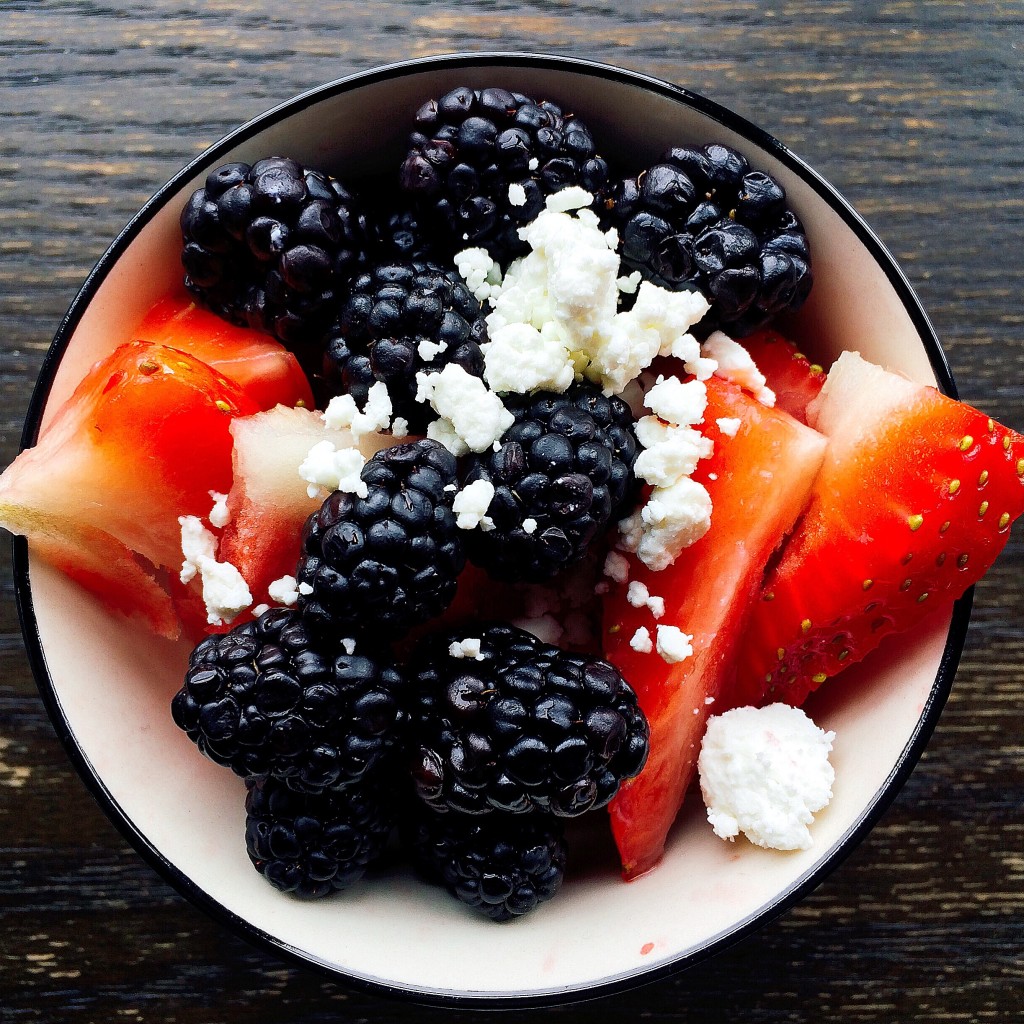Let’s do a quick exercise: Take a minute and try to think of every single thing you ate and drank yesterday. Feel like you’re forgetting a few random sips and bites?
Congratulations, you’re totally normal.
Most of us have so much on our mind, it’s easy to overlook what we put in our mouth. Eating is one of those simple human things we tend to autopilot on when life gets busy or stressful. Good eating habits are oftentimes one of the first things to fall by the wayside when the going gets tough and our attention is elsewhere.
When people talk about veering off track, it’s also common to feel so overwhelmed by the process of getting back, that they put off starting. They may not even know which changes to make first! Much like I encourage journaling as a way of exploring your thoughts and emotions, keeping a food diary can be a powerful tool for identifying what you need to do to get to where you want to go.
Whether you want to overhaul your diet, are monitoring your intake of specific nutrients, or are just curious as to what you’re really eating, keeping a food journal can teach you a lot about yourself. It’s also a great way to give yourself some accountability when embarking on a new eating plan or trying to maintain healthy habits during a hectic time. It helps you get on track and stay on track.
How to Keep a Food Journal
- Write down what you eat.
- Note portions.
- Add details—for example, what time of day, who you were with, where you were, and/or how you felt physically and emotionally before and after eating.
- Be kind you yourself. If you find yourself getting judgmental or beating up on yourself, remind yourself that you’re just observing.
Even just a few days can be an eye-opener. You can go the old-fashioned route with a pen and notebook, or use one of the many health and fitness apps out there to track.
Here are a few things your food journal can show you:
-What you do well: Maybe you’re rocking it with your veggie intake. Maybe you’ve got your breakfast game down. Note the positives and pat yourself on the back. This can give you the confidence boost you need on a day you feel less than stellar.
-What you need to work on: Maybe you notice you could stand to up your fiber intake or cut out a few sources of sugar. Whatever it may be, note what you don’t love and file that information away for future reference.
-Why you eat. Do you eat when you’re genuinely hungry or do you notice that sometimes you eat out of boredom? This is a great way to tune in to where we take our cues from.
-Gaps in your diet. Notice you’re lacking in calcium? Consider ways to add sources you like or look into a supplement to help you meet your needs. Maybe you notice your stomach starts growling at ten a.m. because you’re not having any protein at breakfast. Noting gaps shows you what blanks to fill in.
-How much you’re really eating. When they start recording what they eat, some people are surprised to see how much those random bites here and there add up over the course of the day. Or maybe you realize you’re ravenous by dinner because your lunch is tiny or because you tend to “save” your calories for evening.
-How you feel after eating certain foods. Wondering what it is that’s upsetting your stomach on the regular? Jotting down how you feel after eating can highlight potential triggers.
-How your dining companions and surroundings affect your eating. Do you have a co-worker who stresses you out so much you can barely get anything down? Or maybe you tend to overdo it every time you and a pal go for happy hour. Or perhaps you always add way more “healthy” extras than you need at your favorite salad bar. Noticing these patterns can get the wheels turning to help you come up with responses that align more with you goals.
Now that you’ve gotten to know yourself a little better, think about what you’d like to change and set a plan. Start with small things—one or two per goals at a time, whether you take it week to week or month to month. For example, this week you could start upping your water intake and ordering a grande instead of a venti latte. Maybe next week you start looking at ways to sneak extra veggies in throughout the day. Over time, these positive changes will become your usual healthy habits.
You don’t to keep a food journal always and forever (I don’t), but when you need to check in with yourself and see where you’re at, it’s a great tool to have in your back pocket.
***
*
An earlier version of this post originally appeared on the Lady Project blog.
This has been another installment of the Running with Spoons Thinking Out Loud link party, where randomness is the name of the game. Thanks to Amanda for hosting.

*
*
**This post may contain affiliate links.


